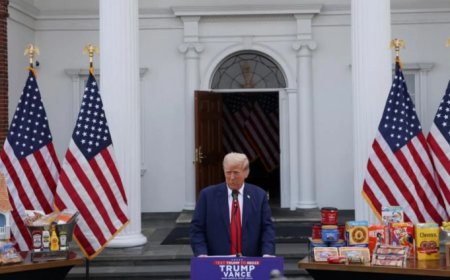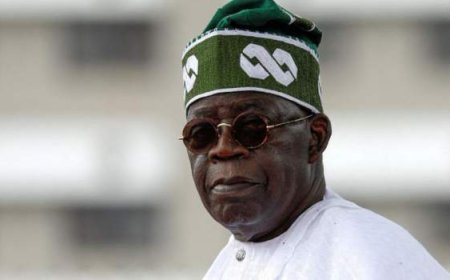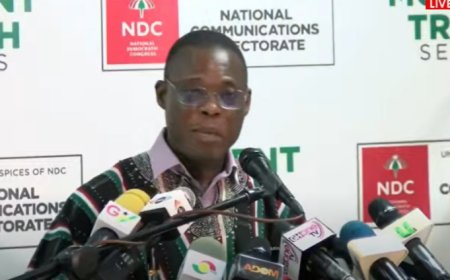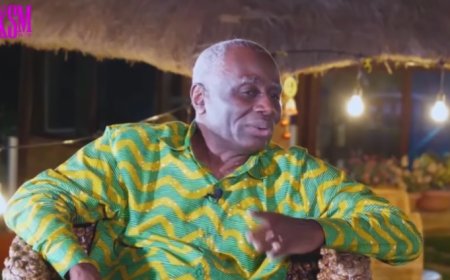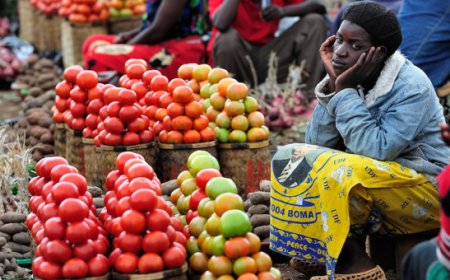World Bank Reaffirms Strict Measures Against Misuse of Funds in Ghana
The World Bank's Country Director in Ghana, Robert Taliercio O'Brien, has reiterated the institution's strict stance against the misuse of funds by the government. Speaking on Joy News’ PM Express Business Edition, O'Brien emphasized the importance of fiduciary management and the Bank's commitment to transparency.
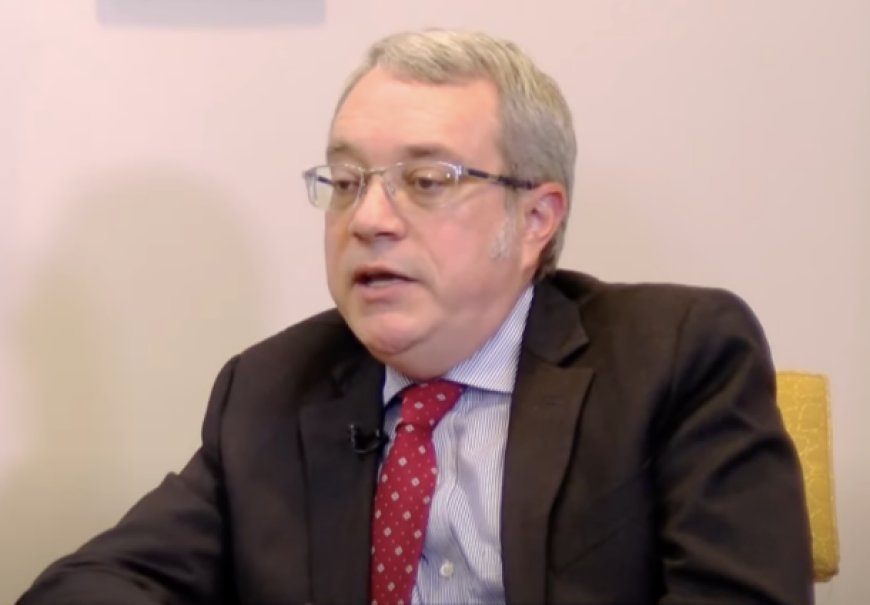
The World Bank’s Country Director in Ghana, Robert Taliercio O'Brien, has reaffirmed the institution's strict measures against the misuse of funds by the government. Speaking during an interview on Joy News’ PM Express Business Edition, O'Brien made it clear that the World Bank has zero tolerance for financial mismanagement, particularly in projects it funds.
"If we find that there is a misuse of funds, we will ask for the funds to be reimbursed to us," O'Brien stated, highlighting the World Bank’s commitment to ensuring that every dollar is spent appropriately.
When questioned about who would be responsible for repaying the misused funds, O'Brien responded, "That's an issue for the government to work through." He emphasized that while the World Bank has its systems in place to detect and prevent misuse, the responsibility ultimately lies with the government to ensure that funds are used correctly.
Fiduciary management and control remain top priorities for the World Bank, and O'Brien stressed the seriousness with which the institution views financial integrity. "We take this extremely seriously," he reiterated, underscoring the importance of maintaining rigorous oversight over the disbursement and use of funds.
O'Brien also addressed the issue of corruption, clarifying the World Bank’s stance on sanctioning entities involved in corrupt practices. "We don’t sanction governments, but we do sanction private firms. If we find a firm engaging in corruption, we will sanction them," he explained. The World Bank maintains a publicly accessible list of firms that have been sanctioned for corrupt practices, underscoring its commitment to transparency and accountability.
Acknowledging that corruption is a global issue, O'Brien noted, "Even in my own country, there are instances of corruption." However, he emphasized that the key to combating corruption lies in addressing it through justice and the strengthening of systems. "We’re focusing on how to strengthen the systems," he said, pointing to the World Bank’s ongoing efforts to improve governance frameworks in countries like Ghana.
O'Brien also touched on Ghana's ongoing fight against corruption, describing it as a universal challenge. He mentioned that the World Bank is working closely with the Ghanaian government to bolster its systems and prevent future instances of financial mismanagement.
In April 2020, the World Bank provided $100 million to Ghana to help tackle the COVID-19 pandemic. This funding was part of a broader financing package that included $35 million in emergency assistance through the Ghana Emergency Preparedness and Response Project (EPRP). The funds were intended to help prevent, detect, and respond to the pandemic.
However, an Auditor-General’s report later flagged irregularities in the management of some COVID-19 funds, highlighting cases of mismanagement by public officials. Despite these findings, the government was cleared of any wrongdoing concerning the funds it received from the World Bank during the period.
In June 2023, Frank Pierre Laporte, who was the World Bank’s Country Director in Ghana at the time, confirmed that the $430 million contributed by the Bank to Ghana’s pandemic response was not misused. He assured that the funds were spent in accordance with procurement requirements and had undergone a thorough audit.
Laporte also mentioned that the World Bank is developing a future financing plan to prepare for potential risks, ensuring that Ghana remains resilient in the face of future challenges.
What's Your Reaction?







